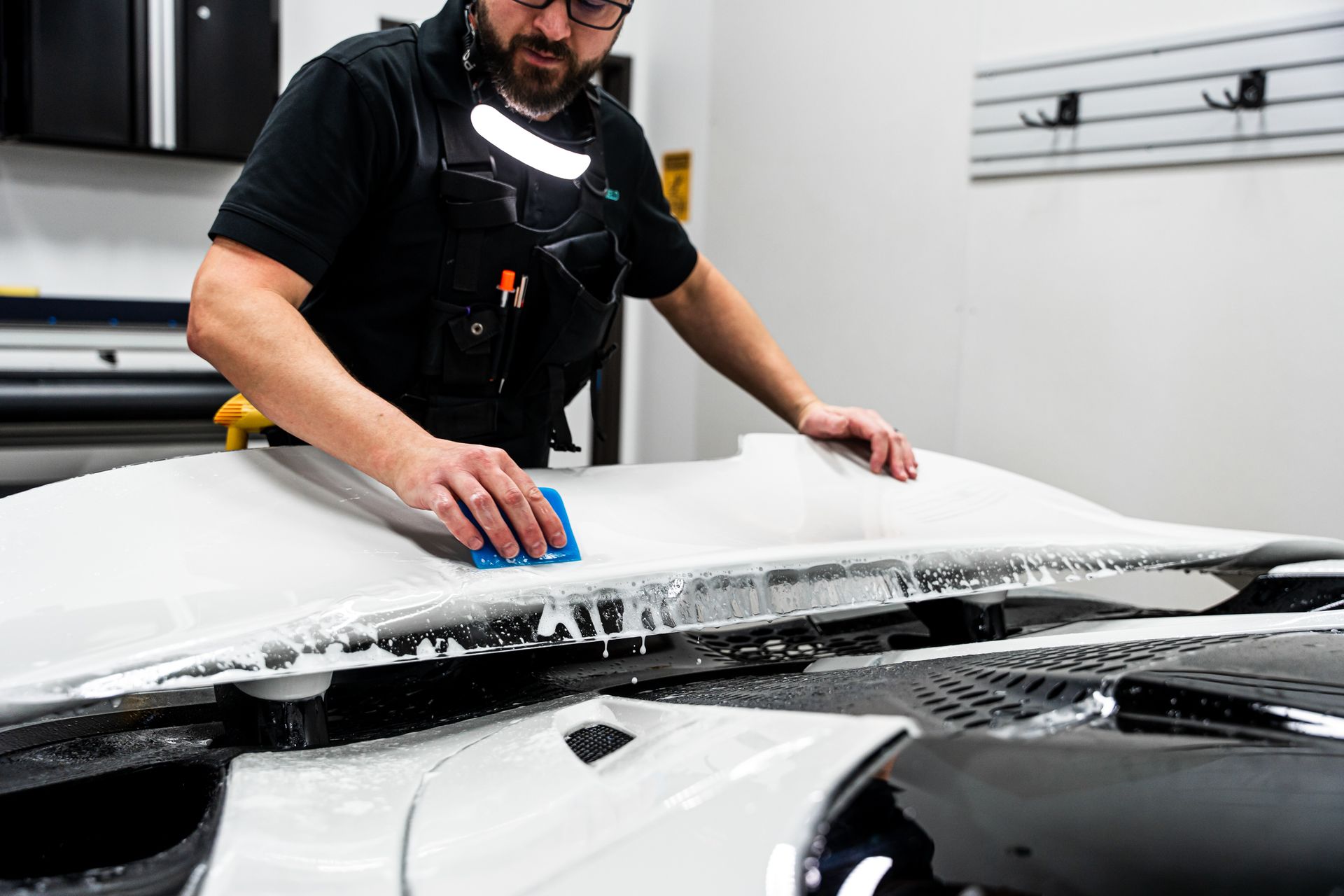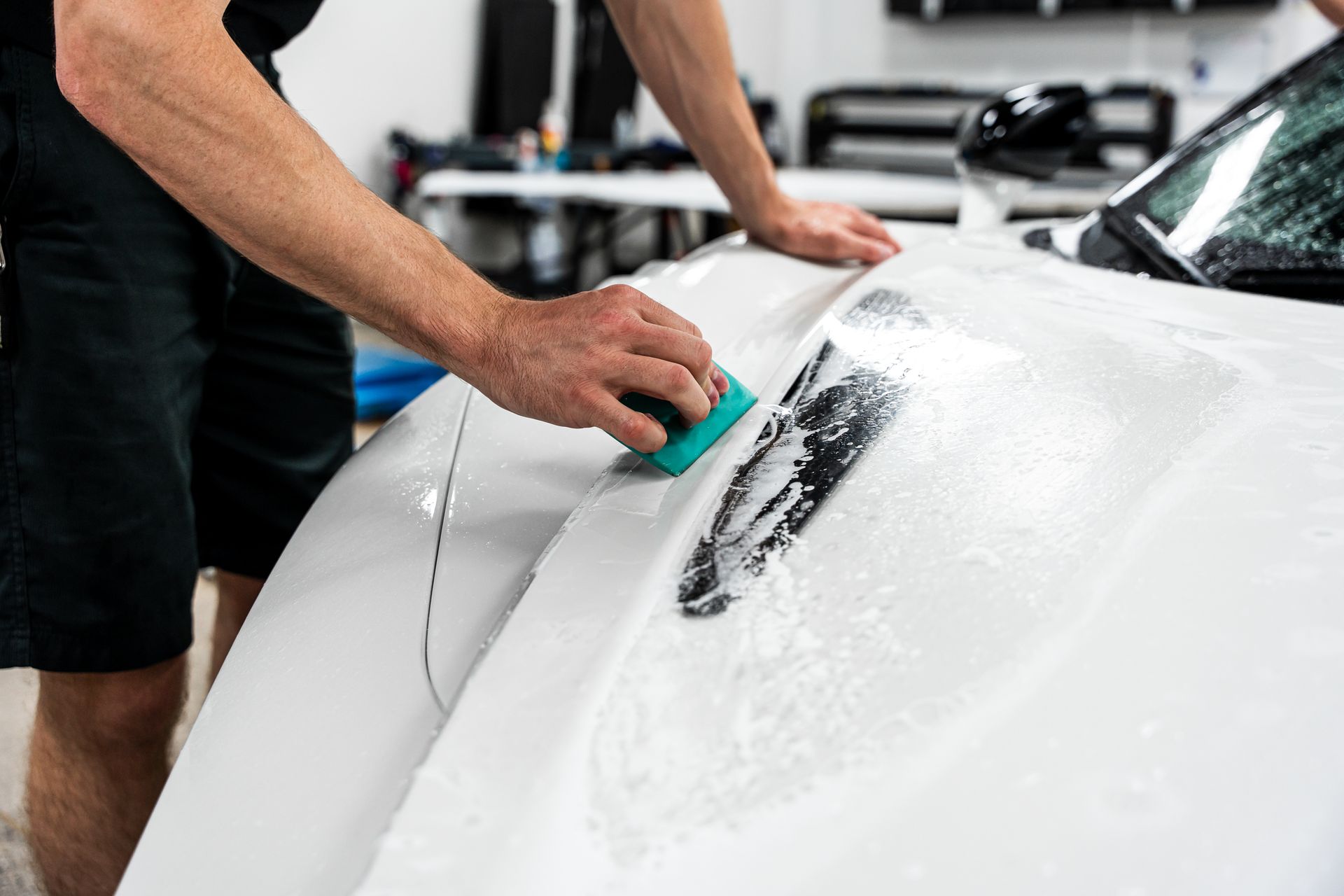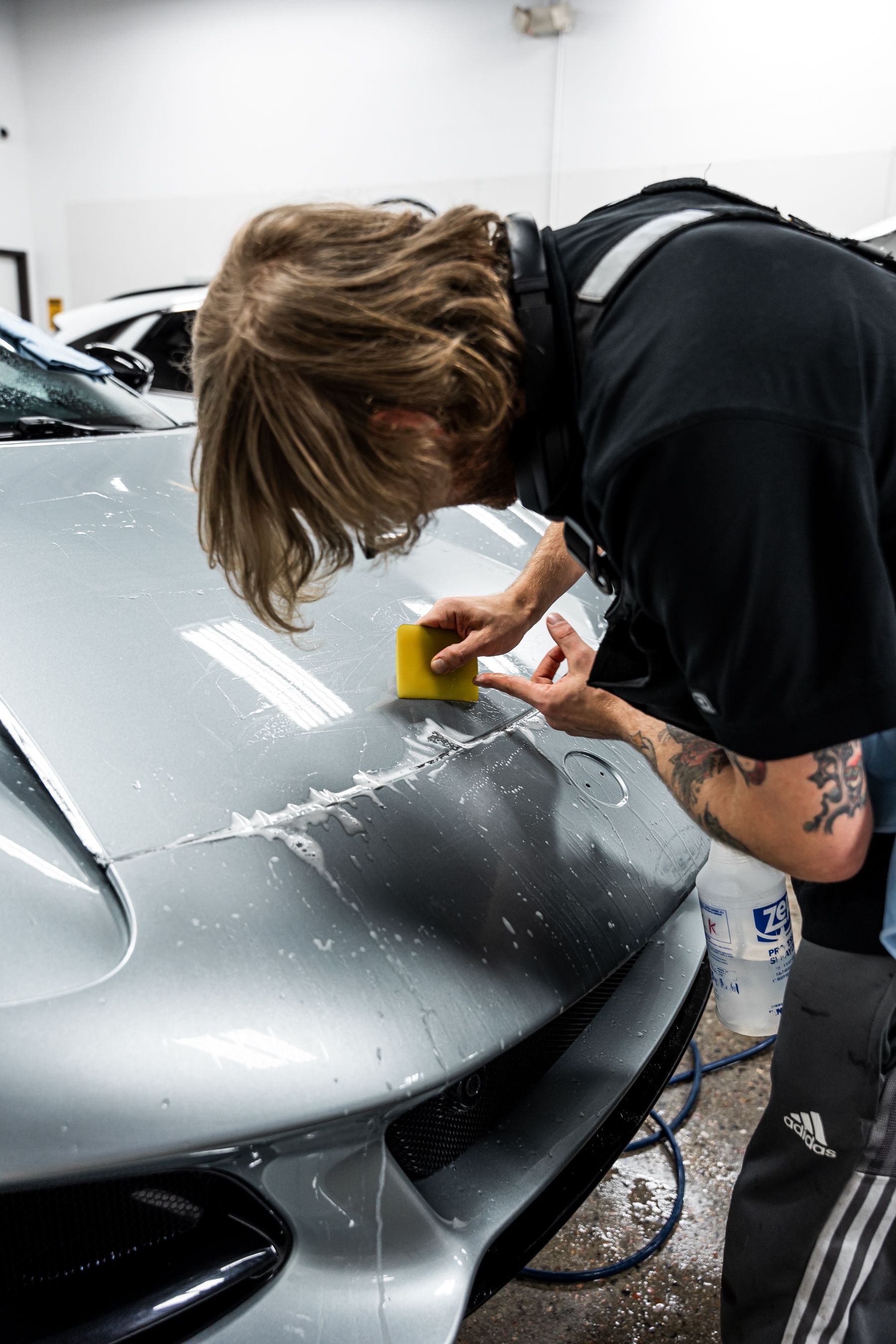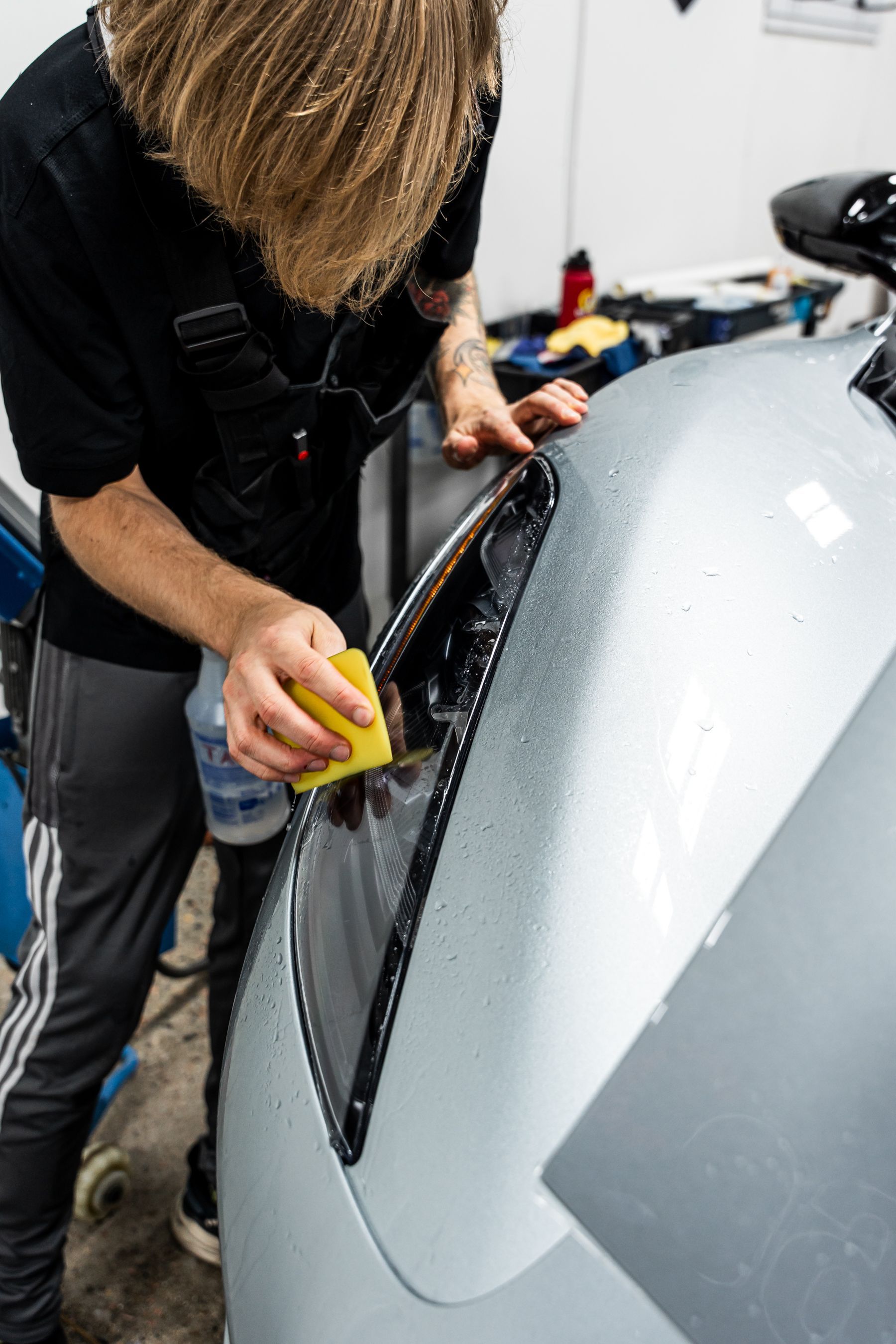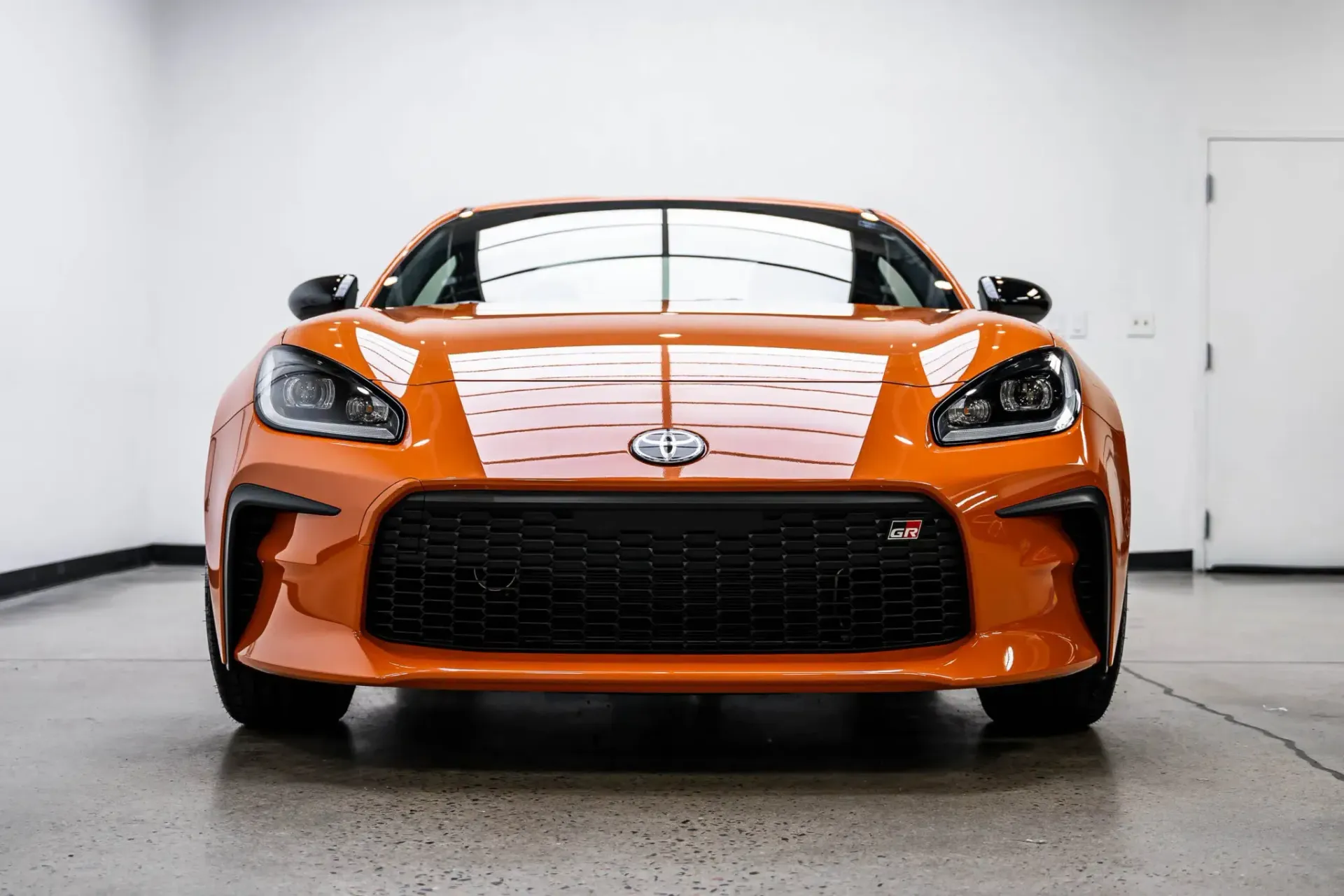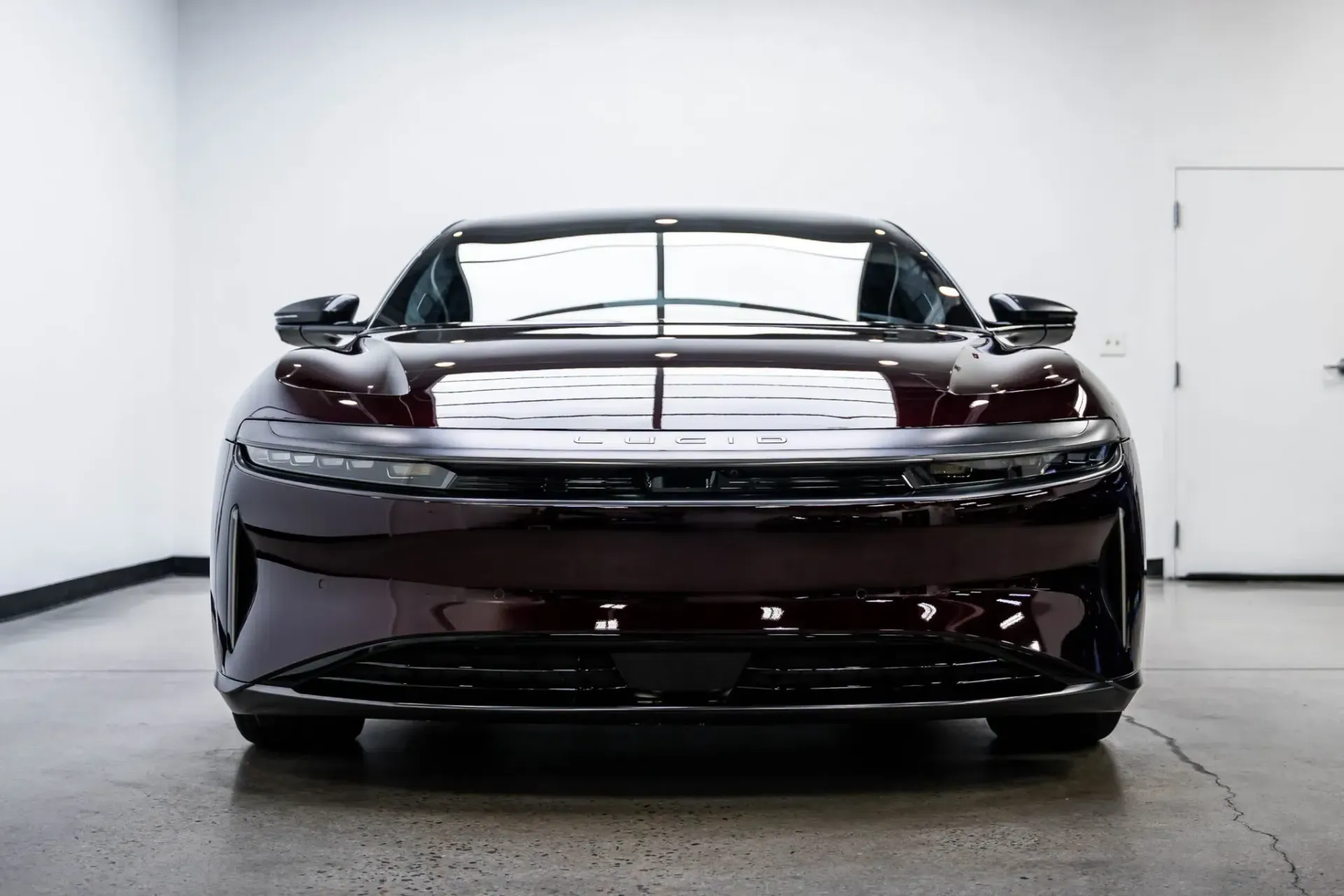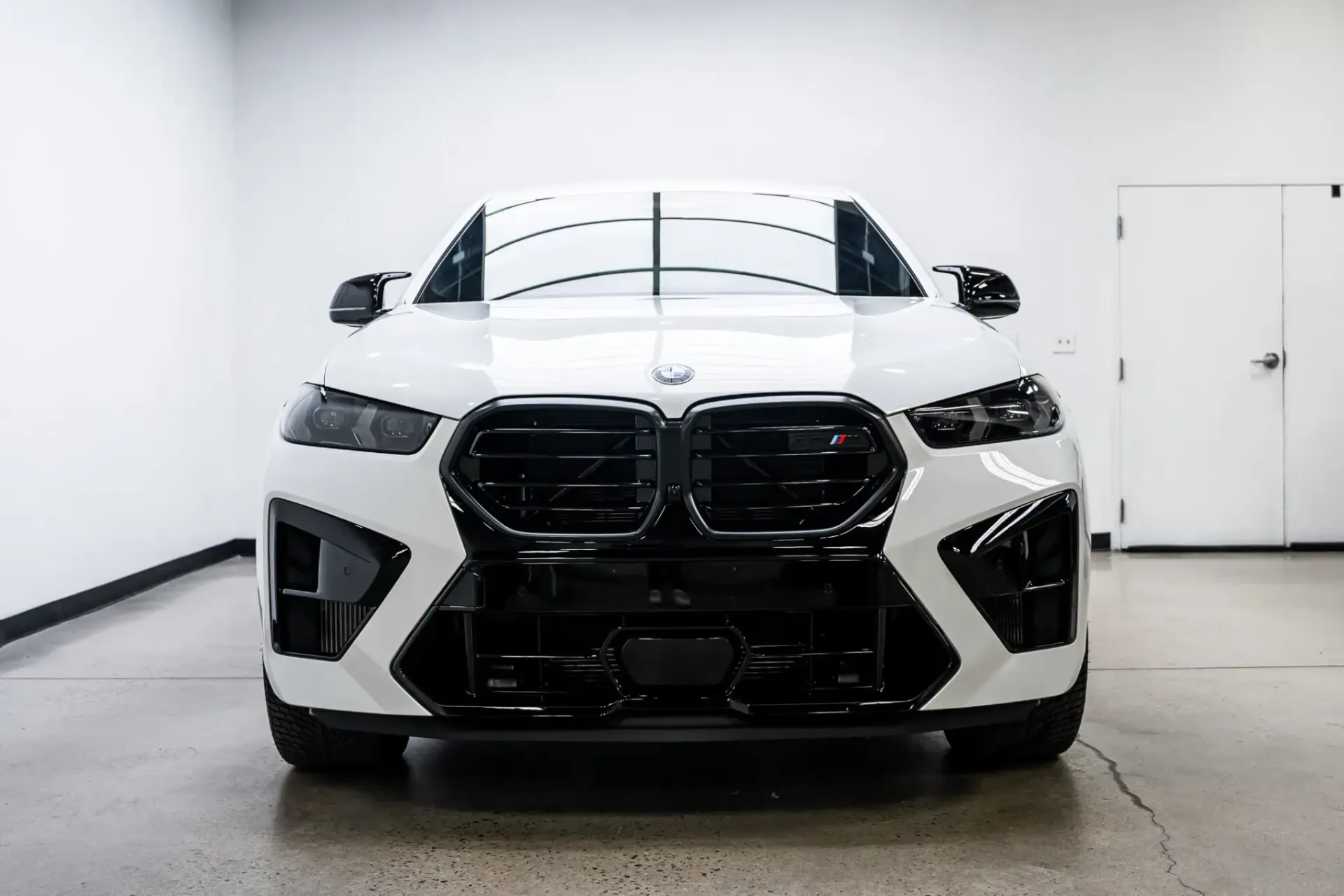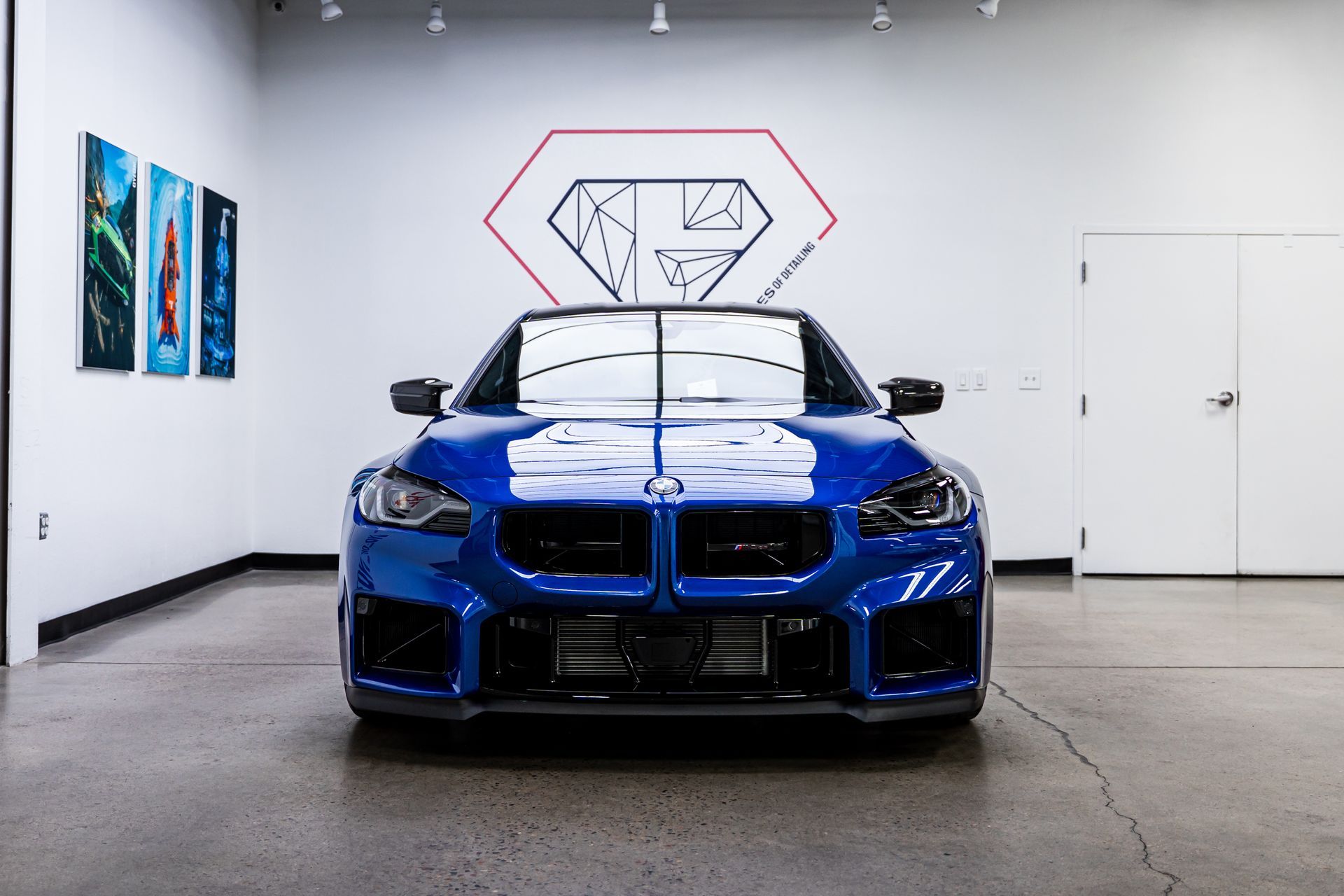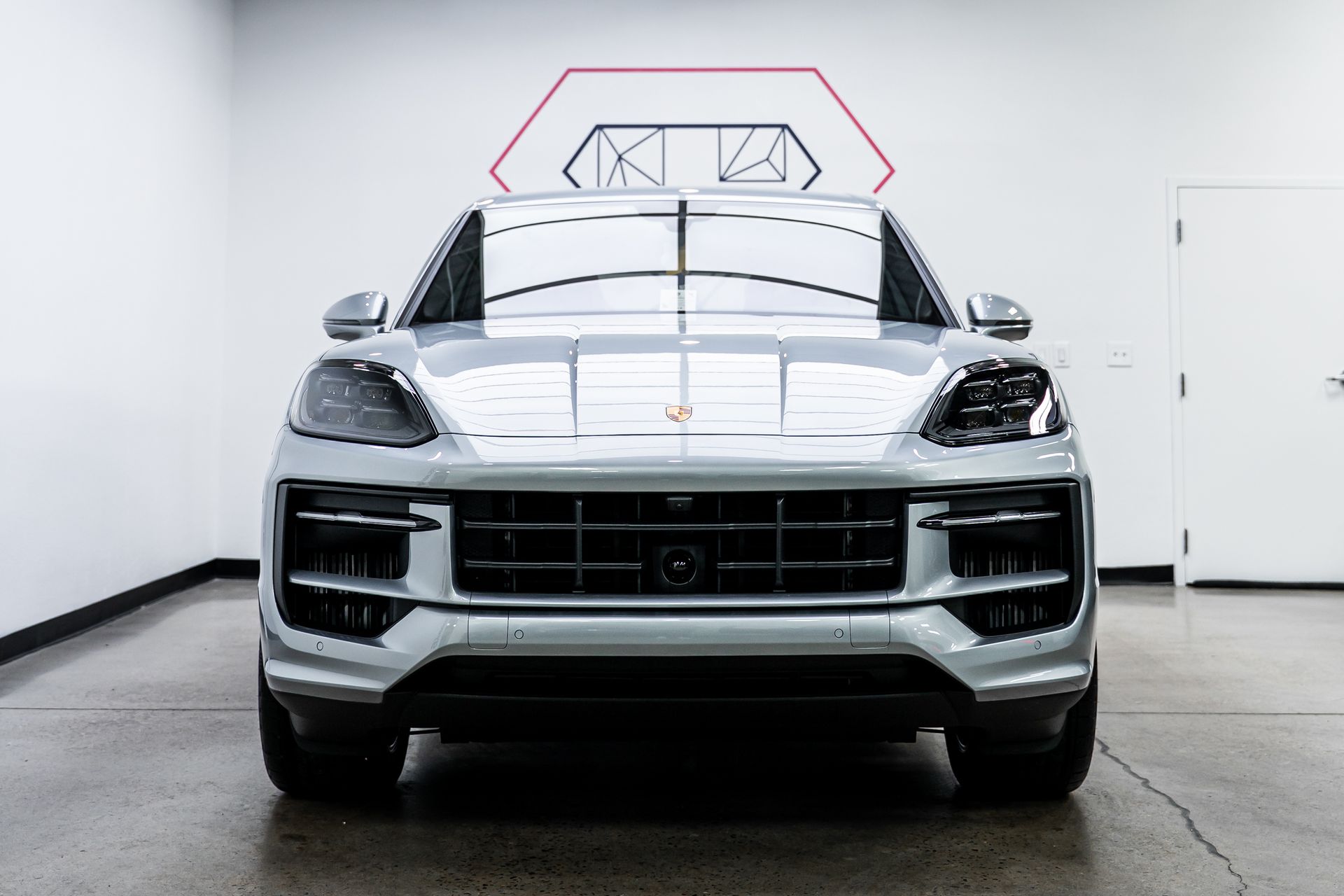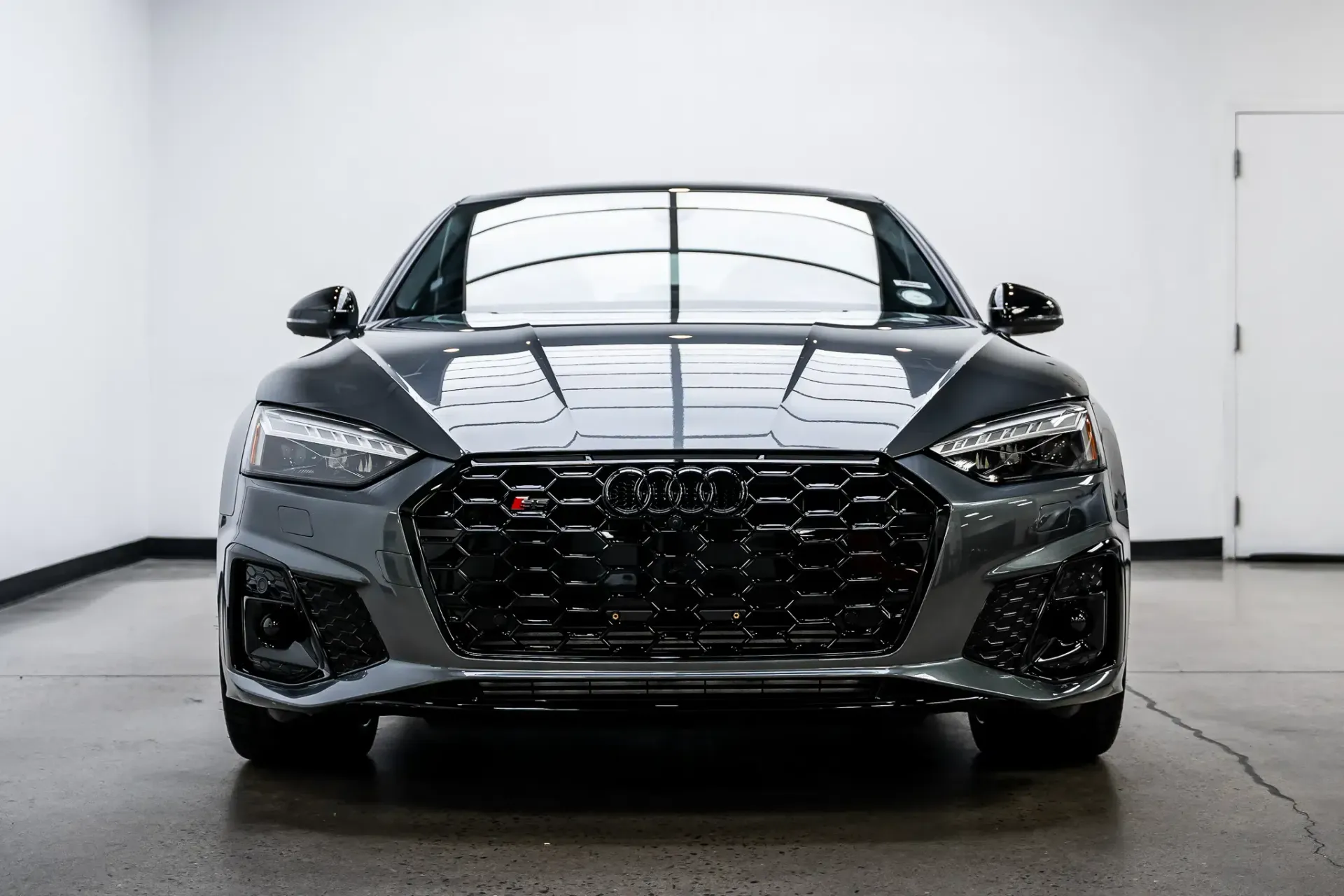Advanced PPF Options Built for Harsh Climate Conditions: Innovative and Weather-Resistant Solutions
CALL (720) 662-8520
GET A FREE ESTIMATEIf you think a simple clear coat is enough to protect your car's paint, think again. In places with tough weather, where scorching sun, freezing nights, and everything in between put your vehicle to the test, ordinary protection just doesn't cut it. That's why advanced paint protection films (PPFs) have been specially designed to handle these challenges head-on. These films aren't just about keeping your car looking shiny. They're built smart with materials that can stretch, heal themselves, block harmful UV rays, and repel water, all so your paint stays strong no matter what nature throws its way.
Advanced PPF options built for harsh climates feature specialized polyurethane blends and acrylic adhesives engineered to endure extreme temperature fluctuations, including surface temperatures above 180°F and freezing conditions below 32°F. These premium films offer self-healing properties activated by ambient heat, UV-blocking capabilities to prevent fading, and hydrophobic topcoats that repel moisture in high-humidity environments. When professionally installed with climate-specific techniques, they ensure long-lasting protection for your vehicle.
Cutting-Edge PPF for Extreme Environments
Paint protection films designed for extreme environments go far beyond simple clear coatings. They are engineered with specially formulated polymers and multi-layer constructions that respond dynamically to harsh conditions. Whether you're dealing with scorching summer heat or cold winter chills, these conditions put immense stress on any vehicle surface. Without advanced protection, paint can crack, fade, or peel under such fluctuations. The magic lies in how these films balance flexibility and durability. The elastomeric layers allow the film to stretch and contract as temperatures swing from freezing mornings to blazing afternoons without losing adhesion or forming bubbles. Meanwhile, the urethane topcoats serve as a resilient shield against impacts from road debris, dust, and even frequent automated car washes, which are common factors that degrade paint over time.
What sets modern PPF apart is its ability to self-heal minor scratches through a combination of heat-sensitive polymers that reactivate when exposed to sunlight or warm water. This means many small imperfections essentially disappear overnight without any intervention. This capability not only keeps your vehicle looking pristine but also prevents those tiny scratches from becoming breeding grounds for rust or discoloration, which is especially important when dealing with unpredictable weather cycles. Moreover, embedded UV inhibitors reduce damage caused by ultraviolet rays by up to 90%, effectively preventing paint fading and yellowing that would otherwise mar your vehicle's finish long before its time. Such advanced formulations ensure your investment remains vibrant throughout the seasons. Another crucial factor in the material science behind premium PPF solutions is their weather resistance, which includes being waterproof and resistant to chemical stains from insect residue, bird droppings, and road salt during icy months. These films form a barrier that's not just passive but actively protective in environments where corrosion risks are high.
Advanced Materials for Harsh Conditions
The core strength of any modern paint protection film is its composition, primarily high-grade polyurethane. This material stands apart because of its remarkable flexibility and toughness, qualities that are indispensable when protecting a vehicle subjected to varied climates where summer heat bakes the roads and winter chills tighten the air. Unlike less durable vinyl films which often crack or peel when stretched or exposed to stress, premium polyurethanes stretch dramatically, up to 400%, without breaking. This elasticity allows them to snugly conform to every contour of a car, from curved fenders to complex door edges, ensuring comprehensive protection without compromising appearance. But the film alone isn't enough. Adhesives play a starring role in maintaining that protective seal in challenging environments. Experts have developed acrylic-based adhesives designed specifically for tough conditions like humidity swings and sub-freezing temperatures common in harsh climates. These adhesives maintain their bond steadfastly, preventing edge lifting, a frequent vulnerability in lesser products. Your PPF won't start peeling like old wallpaper after a hot day or cracking on a freezing night but instead clings tenaciously to your vehicle's surface.
To put it into perspective, rigorous tests reveal that top-tier polyurethane films retain their structural integrity while stretching four times their original size before failure. This characteristic ensures that even after long-term exposure to temperature fluctuations and physical stresses such as gravel impacts or car washes, the film remains intact and protective. While mechanical durability ensures physical protection, exposure to intense sunlight presents another critical challenge in the form of UV radiation damage. UV resistance integrated into advanced PPF formulations acts as a frontline defense against paint fading and degradation caused by prolonged sun exposure. In climates where UV rays can scorch vehicles at peak levels, this layer reduces UV penetration by up to 90%. It prevents paint oxidation and helps maintain the vibrant hues you cherish on your vehicle year-round. The added benefit is the film itself resists yellowing or discoloration over time, preserving not just protection but aesthetic appeal.
UV-Resistant Features for Solar Protection
In bright sunlight, UV rays constantly bombard vehicles, accelerating paint fading and oxidation over time. This isn't just about aesthetics. The degradation can lead to costly damage if left unchecked. Modern paint protection films address this with remarkable UV-blocking capabilities. Leading options filter out up to 98% of harmful ultraviolet radiation, acting as a shield that preserves the vibrant color and finish of your car's paintwork. What's especially impressive is how these films go beyond basic coverage. They actively reduce surface temperatures by nearly 30 degrees Fahrenheit in some cases. This cooling effect isn't merely comfortable. It slows the chemical breakdown of paint molecules caused by heat. As a result, your vehicle maintains its fresh-from-the-showroom shine even after prolonged exposure to harsh sunlight.
Studies back this up. Research shows that cars protected with high-grade UV-resistant PPFs experience over 60% less risk of oxidation and fading compared to unprotected surfaces. Not only does this extend the lifespan of your paint job, but it also plays a vital role in maintaining resale value. When prospective buyers see a vehicle that still gleams with original luster rather than dulled or chalky paint, it signals better care and higher worth. For drivers looking to maximize their investment, choosing a PPF with proven UV filtration is essential. Beyond product choice, regular maintenance, such as gentle washing with non-abrasive soaps and avoiding harsh chemicals, helps sustain the film's protective qualities for years. Even simple habits like parking in shaded areas when possible complement the film's defenses.
Impact Resistance for Enhanced Durability
At its core, the job of a paint protection film is to act as a shield, absorbing the blows that would otherwise mar your vehicle's paint. Drivers know the challenge well, whether it's the relentless barrage of gravel kicked up from highways or unexpected roadside debris. These small but frequent impacts can quickly erode a car's pristine finish. Advanced impact-resistant PPFs respond to this challenge with a thicker, multi-layered structure specifically engineered to dissipate and absorb force before it reaches the underlying paint. This thickness isn't just about bulk. It's a precise engineering balance that combines hardness and flexibility. The multi-layer design usually consists of a strong polyurethane topcoat that resists abrasion and minor punctures, backed by an adhesive layer that firmly bonds to the vehicle surface while allowing slight give under impact stress. This layered architecture helps prevent chips from turning into costly repairs.
Importantly, many recent PPF innovations incorporate enhanced elastic polymers that flex and recover shape after impact instead of cracking or tearing. This is a form of microscopic resilience that extends both the film's and vehicle's lifespan. While older thick films were often stiff and difficult to conform around curved vehicle panels, recent advances in polyurethane chemistry have introduced materials pliable enough to hug complex surfaces while maintaining formidable impact resistance. There is some ongoing discussion about trade-offs. Thicker films provide superior protection but historically posed installation challenges due to their rigidity. However, emerging blends have largely resolved this by enhancing polymer elasticity, making professional application smoother and ensuring a seamless finish without bubbles or gaps. This improvement benefits drivers who desire not just protection but also an aesthetic upgrade without unsightly film edges.
Choosing the Best PPF for Your Climate
The climate where you live greatly influences what kind of paint protection film will serve your vehicle best. For instance, in hot and sunny environments, the prime concern is guarding against intense UV rays and extreme temperatures that can degrade paint finishes over time. In these cases, selecting a PPF with superior heat resistance and UV protection will shield your car from fading and oxidation while maintaining glossy clarity. Specialized surface coatings act as an invisible fortress, repelling dust, dirt, and water with superhydrophobic finishes. It's not just about defense but also about easy maintenance. Dirt slides off effortlessly, meaning less frequent washes. On the other hand, if you live in colder climates that experience heavy snowfall or gravel-strewn roads, the priorities shift quite a bit. Here, impact resistance becomes crucial because road debris hidden under snow or ice chips away at unprotected paint surfaces. Premium PPF options excel because they remain flexible at low temperatures, preventing cracks or peeling that could let dirt and moisture infiltrate and cause damage beneath the film.
To make this choice easier, consider assessing your regional climate first. Is your environment mostly hot and sunny, cold and snowy, or does it fluctuate significantly throughout the year? Each scenario demands different protective qualities. Next, determine exposure levels. How often is your vehicle exposed to strong sunlight versus rain or snow? Urban driving might have different concerns than rural or off-road conditions. Finally, review your vehicle usage. How do you use your vehicle daily? A performance car frequently on highways requires broader front-end coverage to fend off bug splatter and rock chips. Conversely, an occasional driver may prefer selective application focusing on vulnerable high-impact areas. By asking these questions, you align your PPF choice with real-world usage rather than one-size-fits-all solutions. Consider how a vehicle in snowy conditions benefits from a durable yet flexible film designed for impact absorption, whereas a sports car in desert heat demands premium UV shields that don't yellow or dull under intense sunlight. Hot and sunny regions require films with high UV and heat resistance. Cold and snowy areas need flexibility in cold temperatures combined with impact resistance. Mixed climates benefit from balanced protection and durability.
Ultimately, the best PPF for your region isn't just about performance specs. It's about how those features translate into your day-to-day driving experience and preserving your vehicle's value over time. While prices vary depending on coverage level, from essential partial front packages to full-body applications, the payoff is peace of mind knowing that your car's paintwork is equipped to handle whatever nature throws its way. Advanced PPF options built specifically for harsh climates prove that innovation and weather resistance go hand in hand to protect your investment. Selecting the right film means not only defending against today's elements but also preserving your car's beauty and value long into the future.
Exceptional Paint Protection Film Solutions in Glendale, CO
At Denver Auto Shield, we deliver
durable paint protection film designed to withstand the daily challenges of Glendale, CO roads. Our expertly applied films create a tough, transparent barrier that preserves your paint and reduces ongoing maintenance needs. From high-impact areas to full-body wraps, our meticulous application process ensures consistent coverage and outstanding longevity.
Contact us to schedule your PPF installation!

